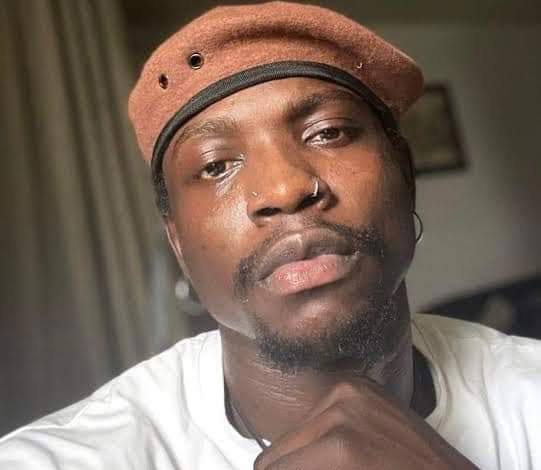The Arrest and Impending Release of Social Media Influencer VeryDarkMan
Martins Otse, popularly known as VeryDarkMan (VDM) on social media, stands on the cusp of release from the custody of the Economic and Financial Crimes Commission (EFCC), tentatively scheduled for Tuesday. This follows his arrest, which sparked public outcry and protests, particularly amongst Nigerian youth. While the EFCC is expected to release him on Tuesday, sources indicate that he will subsequently face formal charges in court on Thursday. This two-day gap between release and arraignment raises questions about the procedural aspects of the case and the evidence the EFCC intends to present. Despite being held since his arrest, VDM has not yet been formally arraigned, a point confirmed by a senior EFCC officer speaking under the condition of anonymity. This lack of formal charges fuels speculation about the nature and solidity of the case against him. The ongoing saga underscores the complex intersection of social media activism, financial institutions, and law enforcement in Nigeria.
The Catalyst: Alleged Unauthorized Transactions and Public Criticism
The events leading to VDM’s arrest trace back to his public criticism of a bank. He alleged that the bank had made unauthorized transactions from his mother’s account. Using his platform as a social media influencer, VDM brought these allegations to light, potentially triggering the chain of events that culminated in his detention. In the digital age, social media platforms have become important tools for individuals to voice grievances and hold institutions accountable. However, this incident raises questions about the potential repercussions of publicly challenging powerful entities like established financial institutions. Was VDM’s online criticism the sole reason for his arrest, or are there other underlying factors at play? This remains a central question in the ongoing narrative.
Legal Representation and Public Protest: A Fight for Transparency and Due Process
VDM’s legal representative, Deji Adeyanju, confirmed his client’s detention, adding that VDM’s associate, C. Park, was also taken into custody. The involvement of C. Park adds another layer of complexity to the situation, prompting questions about their joint activities and the specific allegations against each individual. Adeyanju’s confirmation lends credence to the seriousness of the situation while also providing a legal voice for the detainees. Meanwhile, public support for VDM manifested in a protest organized by Abuja youths on Monday. The demonstrators marched from the EFCC headquarters to a commercial bank, carrying placards demanding VDM’s release. Some placards even questioned the potential involvement of President Tinubu, highlighting the public’s perception of potential political motivations behind the arrest.
The Protestors’ Concerns: Unlawful Detention and Potential Political Interference
The protestors’ central grievance revolved around the perceived unlawfulness of VDM’s arrest and detention. They called for transparency in the proceedings and vowed to escalate their concerns to the Nigerian Human Rights Commission. This underscores the public’s growing awareness of their rights and their willingness to challenge perceived injustices. The protest also reflects a broader concern about potential political interference in law enforcement activities. The question of whether VDM’s arrest was motivated by his online activism or other factors unconnected to his public criticism of the bank remains unanswered. The protestors’ demand for transparency speaks to the need for clear communication and accountability from the authorities involved.
The Broader Implications: Freedom of Expression and Accountability in the Digital Age
The VDM case raises broader questions about the balance between freedom of expression and the responsibilities of individuals in the digital space. While social media platforms offer powerful tools for holding institutions accountable, they also carry the potential for misuse and the spread of misinformation. This incident highlights the need for responsible online conduct and the potential consequences of public accusations, especially when directed at powerful entities. It also underscores the importance of due process and the right to a fair trial, regardless of an individual’s public profile or online activity.
Looking Ahead: The Court Case and the Future of Online Activism in Nigeria
With VDM’s expected release and subsequent court appearance, attention now shifts to the legal proceedings. The charges against him, the evidence presented, and the outcome of the trial will significantly impact the broader discourse surrounding online activism and freedom of expression in Nigeria. The case may also serve as a precedent for how future instances of online criticism against financial institutions and other powerful bodies are handled. The coming days and weeks will be crucial in determining the long-term implications of this case and its impact on the evolving relationship between social media, law enforcement, and public discourse in Nigeria. Will this incident embolden or discourage online activism? The answer remains to be seen.


